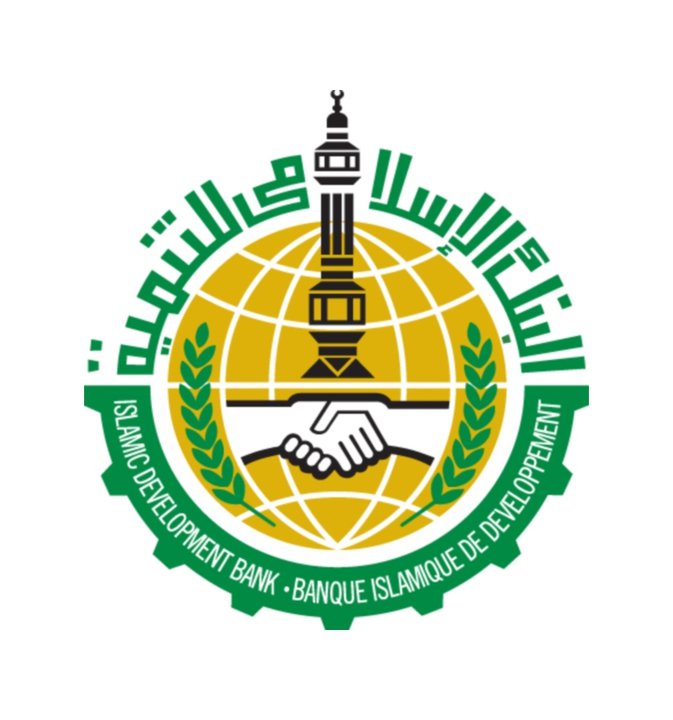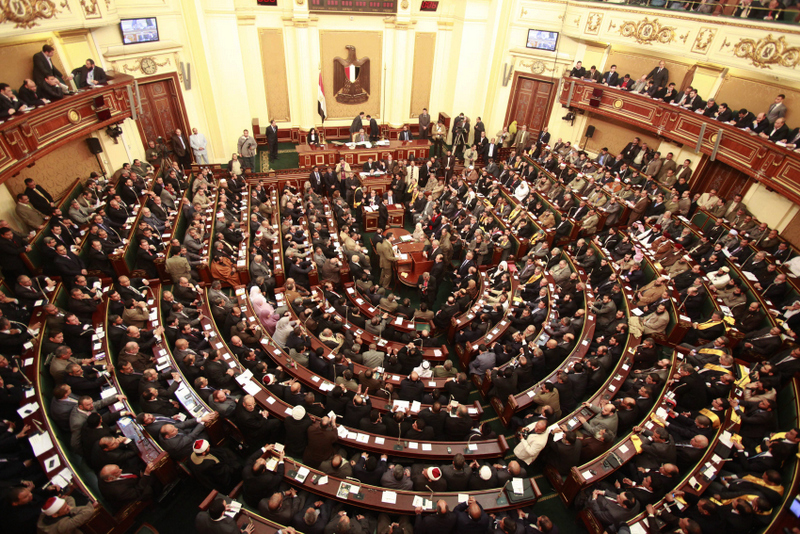
(Photo Public domain)
A previously prominent academic rights defender and opposition figure in the Hosni Mubarak era, Mohamed Abu El-Ghar, heads the Egyptian Social Democratic Party (ESDP), a leading force on the political scene.
The party was founded following the 25 January Revolution in 2011. In Egypt’s last parliament, the party ran the election with the coalition “The Egyptian Bloc”, winning 16 seats. Following the ouster of the Muslim Brotherhood government in 2013, the military-backed government was headed by the party’s founding member Hazem El-Beblawi with the party’s higher committee member Ziad Bahaa Eddin serving as a deputy prime minister.
Daily News Egypt spoke with Abul-Ghar discussing various topics including the current political scene, the involvement of political parties and the party’s stance towards the amendment of the unconstitutional electoral districts law.
Some say that recently, party stances have been more of a reaction to events, for example the Shura Council trial rulings. How do you value such opinion?
Parties cannot intervene in issues that involve the judiciary, because the judiciary is supposedly independent and there shouldn’t be comments on its rulings. So it is not possible to take a stance towards any case as long as you can’t even protest the ruling.
Prime Minister Ibrahim Mehleb invited political parties to a meeting to discuss the work of the committee amending the electoral districts law. Will your party present its own suggestion for amendment?
We didn’t receive an invitation yet. We have already offered suggestions for the law, even before its issuance, and what we will offer will be the same.
Some of the parties have specific ideas for the division to the constituencies and seats. The Al-Wafd Party, for example, will probably suggest 40% for the individual system, 40% for proportional representation lists and 20% for closed lists. What is the best division from your perspective?
That is a good idea, or third and two thirds. We are in for any suggestion that removes the closed lists (current division is 420 seats for individuals and 120 for closed lists seats). Our main objection towards the electoral districts law was the closed lists system.
There were reports about the ESDP holding a general assembly soon which will see new internal elections, any specific date set?
The party’s executive office decided it will be held in September, but some voices in the party want it to be held earlier.
Before the elections?
We don’t know when the elections will be held. Originally, the assembly was supposed to be held in August 2014, but with the postponement of parliamentary elections, it was postponed subsequently. We decided this is not working, and we will hold the general assembly very soon.
At the same time Misr Al-Qawiya Party held its general assembly and Al-Dostour Party is changing its internal regulation. Can we say political parties are re-evaluating?
All political parties re-evaluate their situations all the time. Our general assembly is annual and it is a regular one.
How do you view the Sharm El-Sheikh Economic Summit?
The investments and the agreements signed in the summit will bring much needed funds, but we hope that some of these funds would be allocated to education and health.
Most of the investments revealed in the summit were either in the energy sector or real estate and housing.
Yes, and they will provide profits. Some projects create jobs and others turn in money and some do both.
Earlier this month, the Poplar Coalition Party’s office in Alexandria was stormed by police. What is your stance towards this?
I object to security intervention in any political parties’ activities.
Your opinion piece titled “The Imaginary Parliament” received special attention from the presidency, and it responded almost immediately with a letter to the newspaper where you published the article. Why did the presidency respond to your article?
The presidency’s response was very polite. It’s not for me to comment on why they responded. They are entitled to answer.
Do you there is a monopolisation of the political field by the state and the exclusion of political parties?
The Egyptian state has always been unwilling to involve parties in political life. It is not about Al-Sisi’s regime, it is so since Nasser’s era to the present day.
Will this change? Is there any will from the state to change that?
It can change, but it is not the will of the state, it is the will of the people. People pressure can affect the state’s stance.
The ESDP was once represented in the Cabinet with a prime minister and a deputy prime minister. Was this giving more space for the party to act?
No on the contrary, it didn’t give us more space. We were always putting into consideration that we have party representatives in the Cabinet, so we were less critical. Things have changed with the new Cabinet and we have more room now.
Talking about the people’s pressure for political parties’ involvement, does this include parties that represent the 25 January Revolution?
This has been going downhill rather than developing. The youth represents the revolution but a large portion of people are tired from protests and revolutionary movements as they seek stability.
But are youth also represented in political parties?
Political parties try seriously to contain the youth and thus they face less risk as they’re not always doing what they will, sometimes they want to protest and we tell them not this can be dangerous. If they were alone they would have faced some serious risk.
Some of the parties that decided not to participate in the elections had their decision made through the parties’ ranks. Was your party’s decision to participate decided the same way?
It was a decision from the party’s higher committee.
Can this decision change after the amendments to the elections laws?
Yes, everything is possible if the new law is even more unjust.


